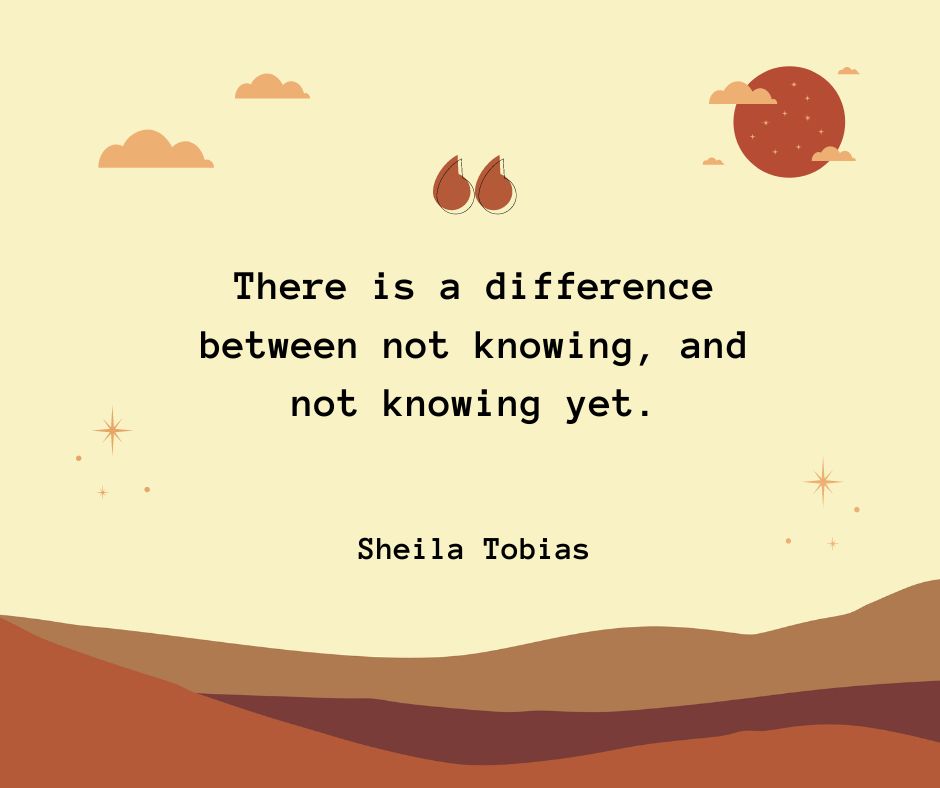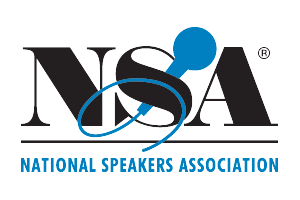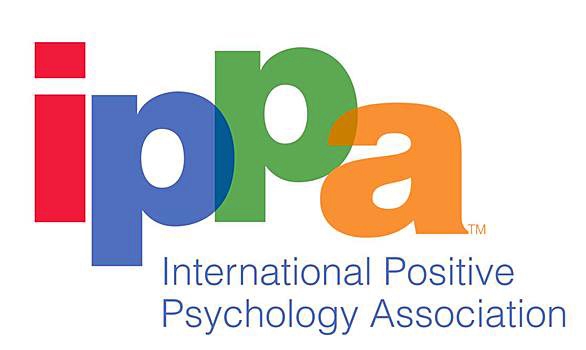
I was speaking to a group of about 70 when I made the mistake of asking if anyone in the audience hadn’t heard of (whatever new concept I was teaching at the time), and no one raised a hand. I continued speaking and about ten minutes later, from the left side of the stage, a woman raised her hand. Yes? I asked. “I think they’re all liars,” she said. I had no idea of what she was talking about, and then she explained she hadn’t known what I was referencing earlier and she didn’t think anyone else had either. By phrasing the question the way I did, I made it impossible for people to admit they didn’t know, without feeling awkward and uncomfortable.
Shawna Niequist, in her book, I Guess I Haven’t Learned that Yet, gives us a wonderful new perspective on not knowing something, not having the right answer. She explained her family had moved from a rural area to New York City and her children were forever coming home explaining their other school had not taught what was being taught in the New York classrooms. They continually didn’t know. Eventually Shawna put up notes in every room of the apartment with the words, I Guess I Haven’t Learned that Yet, in order to remind her children they were smart and capable, they just hadn’t yet had the experience of learning what others already knew.
I can tell you many times I pretended to know something others seemed aware of, or kept my mouth shut so people wouldn’t know my perceived ignorance. I wish back then I could have felt comfortable telling myself, “I guess I haven’t learned that yet.” It gives us the freedom and self-compassion to not feel guilt or shame in not knowing, and the courage and curiosity to be OK with admitting we’re human, and open to learning.
Where can you acknowledge you haven’t learned something yet, and embrace it with the absolute justification that not knowing is OK, learning is what it’s all about.


